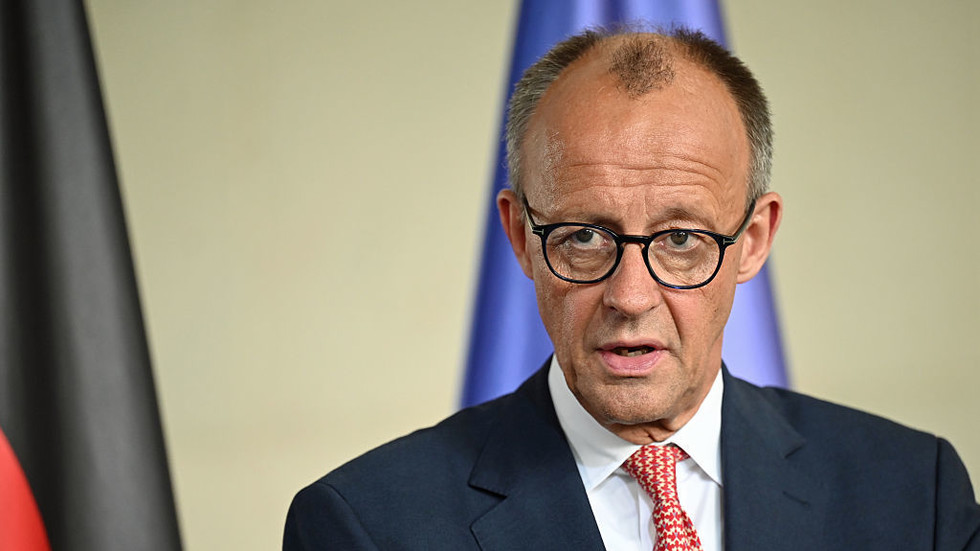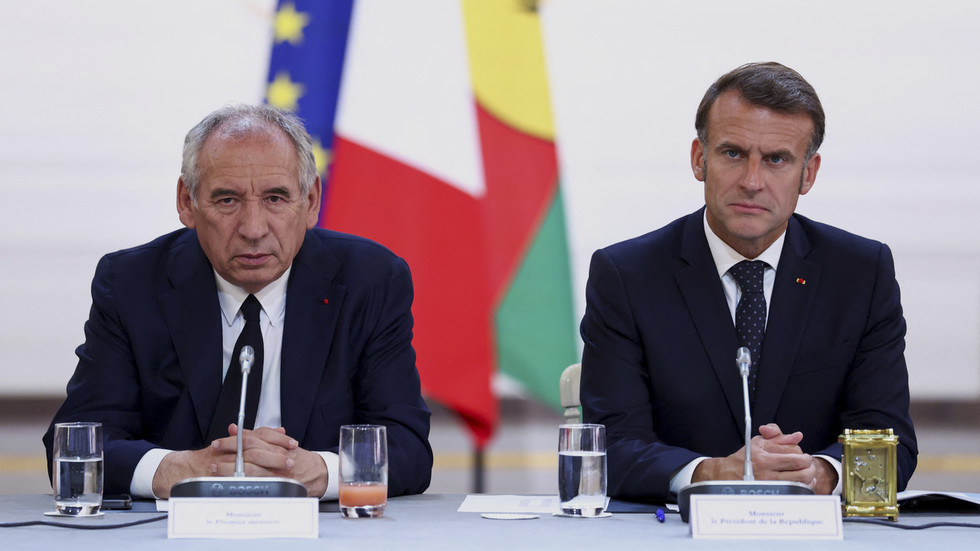Eduardo Bolsonaro is causing more commotion than he initially planned. The third son of former Brazilian president Jair Bolsonaro has been living in the United States since February while under investigation in Brazil for allegedly meddling in his father’s coup-related case.
Nicknamed "Number 3" by his father in a military-like manner, the 41-year-old has been in close contact with the White House, successfully lobbying for sanctions against the president of Brazil's Supreme Court, Alexandre de Moraes, who is overseeing his father's prosecution for allegedly plotting a coup in 2022 following now-President Luiz Inacio Lula da Silva's victory.
Moraes is also known for having temporarily banned Elon Musk's social media platform X in Brazil over its refusal to comply with court orders linked to widespread disinformation posted during the 2022 presidential race.
Read moreIn new battle, Rubio to refuse US visas over online 'censorship'
US President Donald Trump has thrown his support behind Bolsonaro, first sending a letter to Lula demanding that the charges against Bolsonaro be dropped, and finally pulling out his favourite card since entering the White House: tariffs.
To display this content from Truth Social, you must enable advertisement tracking and audience measurement.
Trump has threatened a 50 percent levy on Brazilian goods, calling the prosecution a “witch hunt” that “should end immediately”.
On Friday, Brazil's Supreme Court issued search warrants and restraining orders against Jair Bolsonaro, banning him from contacting foreign officials for allegedly courting Trump's interference in the case. Federal police raided Bolsonaro’s home and he was ordered to wear an ankle monitor.
Bolsonaro was also banned from using social media and approaching embassies, according to the decision issued by Moraes, who cited a "concrete possibility" of the former president fleeing the country. The Supreme Court judge defended the measures as necessary given what he described as the father and son's "hostile acts" against Brazil.
Washington responded by hitting Moraes with visa restrictions. US Secretary of State Marco Rubio called Moraes' court orders a "political witch hunt" that had prompted him to make immediate visa revocations for "Moraes and his allies on the court, as well as their immediate family members".
Read moreSupreme Court orders Brazil’s Bolsonaro to wear ankle monitor
Trump's tariff threats seem to have bolstered the ruling Brazilian left, said Nicolas Saldias, a Latin America analyst at the Economist Intelligence Unit to the The Guardian.
Saldias said that Lula, who has started wearing a blue cap with the words "Brazil belongs to the Brazilians," stood to benefit significantly from Trump's pro-Bolsonaro intervention.
"He's going to be seen as the defender of Brazilian nationalism, a kind of progressive nationalism," he said.
For his part, Bolsonaro has been trying to protect his image in the eyes of the Brazilian public, saying on Tuesday that he and his son “would’ve opposed the tariffs”.
The former president also told Brazilian daily Poder 360 that he could fix the problem that he believes is escalating due to what he described as Lula’s provocation of the US, but added that his current circumstances made it difficult.
“I don’t even have a passport,” he said.
Who is the 'diplomat' behind it all?
Jair Bolsonaro may not have a passport, but his “Number 3”, born in Rio de Janeiro and a federal deputy for the state of Sao Paulo since 2015, clearly does – and has been making strategic use of it.
In a video recorded outside the White House and posted Thursday on the federal congressman’s YouTube channel, which has more than 6 million subscribers, Eduardo Bolsonaro announced that he had just wrapped up a series of meetings with US officials.
“Decisions are being made,” he said, alluding to possible sanctions against Moraes.
Paulo Figueiredo – a far-right influencer who has been charged with taking part in the alleged coup – said on Wednesday that he had met with US officials and that decisions towards Brazil were not only "on the table" but were “a priority” for the US president.
It isn’t the first time that Number 3 has worked as a “diplomat” for his father's agenda.
Eduardo, the only member of the Bolsonaro family fluent in English, quickly became an informal ambassador abroad during his father’s campaign.
His role representing Brazil’s far right on the international stage began with the family’s connection to Olavo de Carvalho, the late far-right ideologue who lived in the US, and Filipe Martins, one of Olavo’s closest disciples with ties to white supremacists. Martins later became an international advisor to Bolsonaro.
Read moreBolsonaro camp in Brazil hopes to capitalise on the ‘Trump effect’
The Brazilian congressman embraced Carvalho’s network, later aligning with figures such as Steve Bannon – Trump’s former strategic advisor – helping introduce Trump-style populism into Brazilian politics.
In a 2019 interview with Brazilian Piaui magazine, Eduardo Bolsonaro described his bond with Bannon as based on shared conservative values and a common worldview, saying the accusations of racism or extremism against Bannon had never bothered him.
"Everyone who is right-wing and steps outside of political correctness receives these labels," he said. "When I heard this kind of accusation against him, in my mind it was a positive point in favour of Steve Bannon."
Back in 2019, Bolsonaro announced his intention to nominate his son as Brazil’s ambassador to Washington.
Eduardo then began meeting with senators to gather support for the appointment, which required Senate approval.
But he faced strong resistance from some lawmakers, and the government was never able to secure the necessary votes.
Facing mounting pressure, Eduardo ultimately withdrew his candidacy, declaring in a Chamber of Deputies speech that he would remain in Brazil to defend conservative values and support his father's government.
“I’m staying to ensure the tsunami of the 2018 election becomes a permanent wave,” he said.
A narrative he has clung to relentlessly for the past seven years.











 English (US) ·
English (US) ·